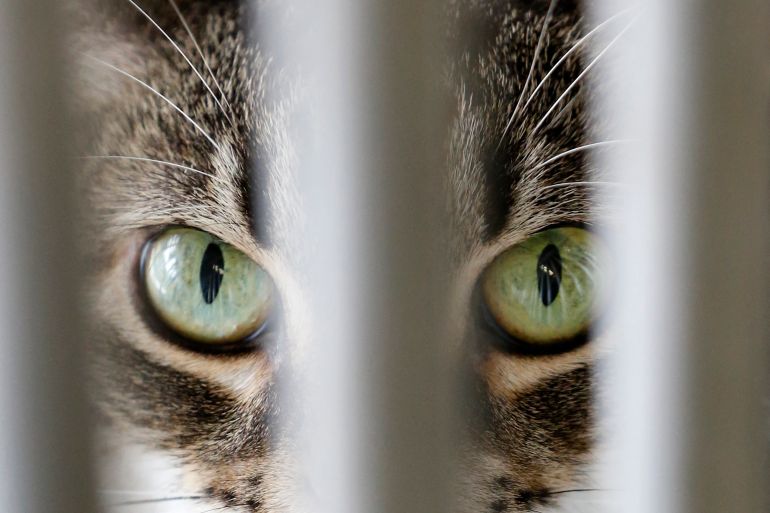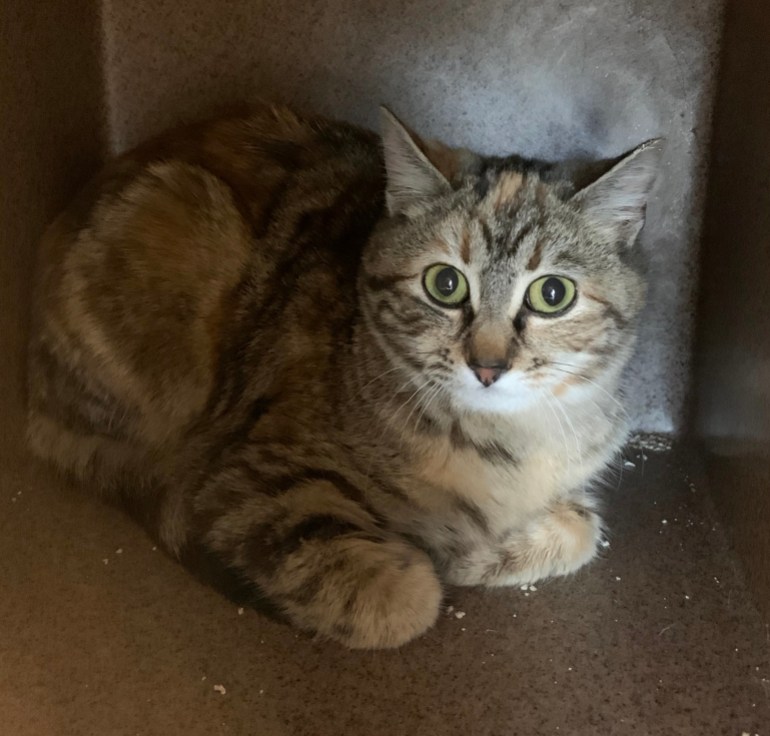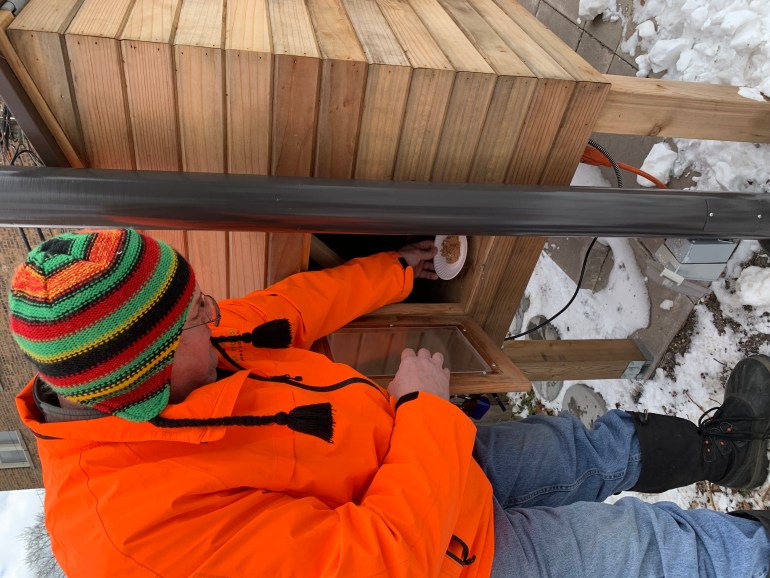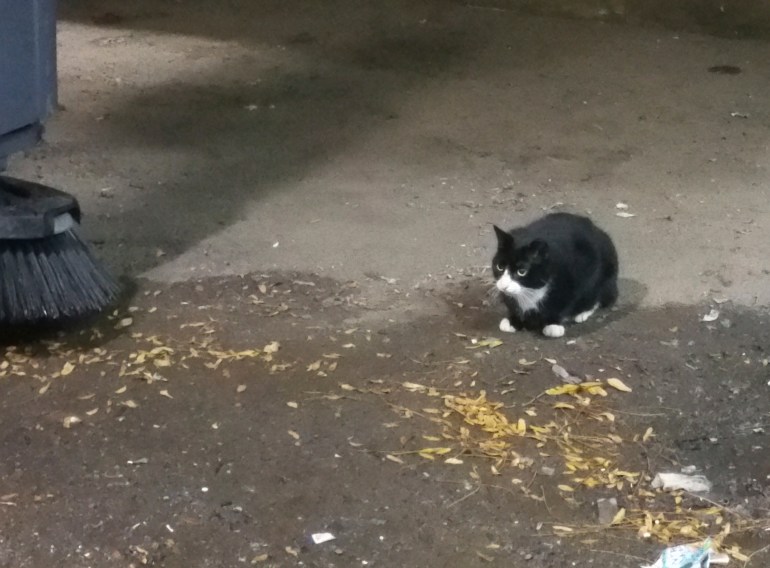Cats at work: US city uses 1,000 feral felines to fight rats
The Tree House Humane Society has placed teams of two to three cats outside of Chicago homes and businesses as a way to keep the rodent population in check and the city healthy — calling it a ‘green’ solution to the vermin problem.

In the United States city of Chicago, more than 1,000 well-equipped warriors have been deployed in the fight against rats: feral cats.
Through its Cats at Work programme, the Tree House Humane Society has placed teams of two to three cats outside of homes and businesses as a way to keep the rodent population in check and the city healthy — calling it a “green” solution to the vermin problem.
Keep reading
list of 4 itemsSouth Korea’s Seoul to test pet cats, dogs for COVID
Stray cats struggle in quarantined Istanbul
Feral cats prove a devil of a problem in Tasmania
It seems to be working: so far, the organisation said it has placed more than 1,000 feral cats, and “there is currently a long waitlist” stretching several months for more feline help.
Rats and mice are responsible for spreading more than 35 different diseases worldwide, including plague, hantavirus and multiple types of haemorrhagic fevers, according to the US Centers for Disease Control and Prevention.

Chicago topped US pest control firm Orkin’s Top 50 Rattiest Cities List for the sixth consecutive year in 2020. The list bases its rankings on the number of new rodent treatments performed in commercial and residential spaces.
In response, the city’s Department of Streets and Sanitation says it has distributed more than 1.5 million “super carts” to keep rats from eating garbage and has laid rodenticide in rat burrows.
But “poison, gassing and traps are ineffective short-term solutions” to a rat problem, Tree House Humane Society said, and laying poison can potentially put pets and children at risk.
To create a more workable solution, Tree House launched Cats at Work in 2012 to help cats who had been trapped, vaccinated and spayed or neutered but who could not be “reintegrated into their former colonies”, either because the building had been demolished or the location had become dangerous.

Since the cats live and work outdoors, the programme also helps provide for “feral cats who wouldn’t thrive in a home or shelter environment”, the organisation says.
“The Cats At Work programme is Tree House’s mission in action,” Raissa Allaire, the group’s executive director, told Al Jazeera.
“By empowering local businesses and our communities of caregivers, we’re able to help cats who have often been overlooked in rescue and trap, neuter, release efforts,” she added.
People apply and pay a fee starting at $165 per cat to have the animals placed outside of their homes or businesses.
Tree House provides insulated outdoor shelters, litter boxes, outdoor heating pads and a heated water bowl for Chicago’s chilly winters.
Property owners are responsible for providing the cats with food, clean water and medical attention if needed.

The cats do not come inside, but rather patrol the perimeter for rats — and while they do kill some of them, “often, their pheromones are enough to scare rats away”, Tree House said.
Chicago isn’t the only place in the US that has turned to cats to fight its rat problem.
New York City’s Feral Cat Initiative helps volunteers care for “community cats”, and launched a programme at the Jacob K Javits Convention Center in 2016 with feral cats to help keep rats out.